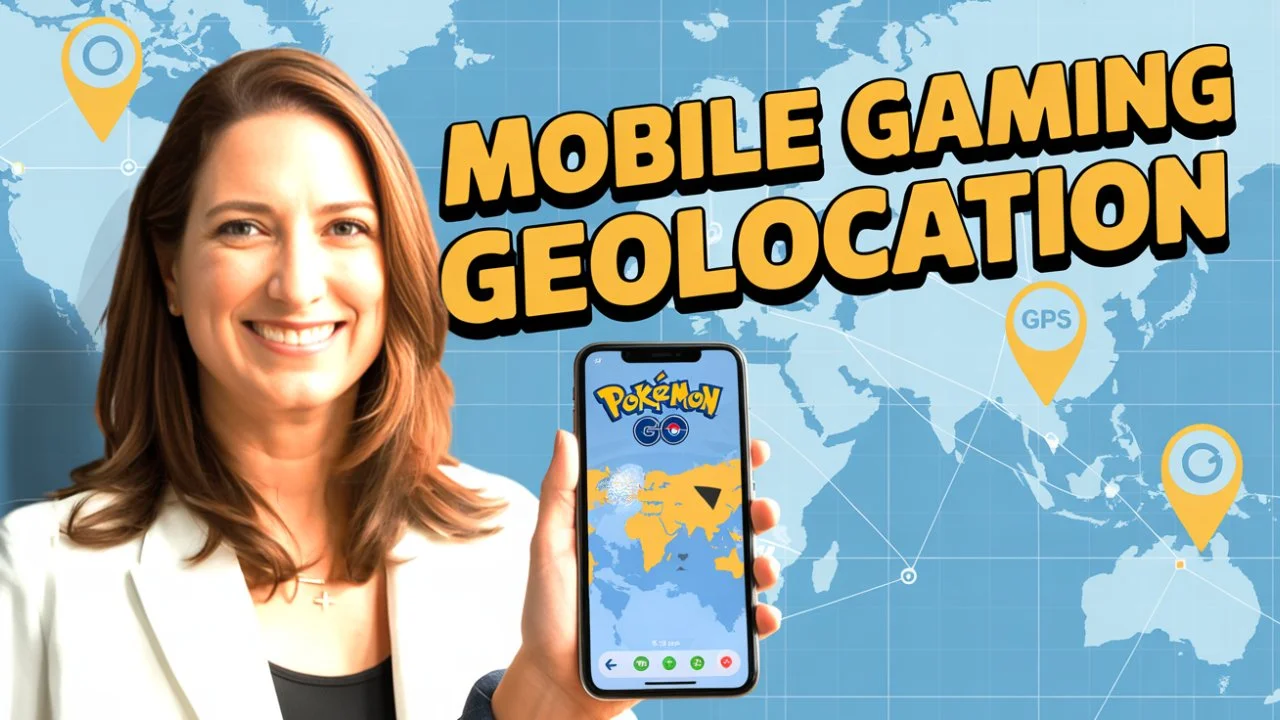The Startup That Wasn’t Meant to Scale: A Conversation with Sophie Vo
By Michail Katkoff who definitely could use a moment of tranquility but can’t seem to take a break from the rat race.
If you’ve worked in games long enough, you’ve likely seen Sophie Vo’s name float across your LinkedIn feed. Maybe you listened to her Rise and Play podcast. Maybe you followed her journey building Voodoo’s Berlin studio. Or maybe, like me, you worked with her and got to witness, up close, the intensity, curiosity that’s defined her career.
But the Sophie I spoke with recently is different. She’s still sharp and self-aware as ever, but also deeply grounded. No pitch deck. No hype. Just a clear-eyed entrepreneur who walked away from the startup hamster wheel and built something… that actually feels like freedom.
Her latest venture, Orin Retreats, isn’t a game. It isn’t a tech startup. It isn’t even scalable in the traditional sense. And yet, she told me without hesitation: “It’s the most successful and aligned work I’ve ever done.”
Naturally, I had to ask, how did she get here?
The Version of Success That Broke Her
Before Orin, Sophie was chasing what she now calls the “programmed” definition of success: the VC-backed company, the big title, the billion-dollar exit. She’d grown up reading French business magazines that celebrated CEOs like rock stars. “I thought that was the path,” she told me. “Get rich, get applauded, and all your problems disappear.”
But during her last real run at that dream, fundraising at GDC for a studio in Vietnam, something cracked. “I was exhausted. Depleted. Living in emails and CRM systems. I asked myself: Do I want to spend the next 10 years like this?”
Even when her next project, an AI coaching app called Olivya, started gaining traction, she felt something was off. “We had investors reaching out to us, which never happened before. And I was scared. Not excited. Scared. That told me everything.”
The fear wasn’t irrational. It was the realization that taking money meant locking herself into a decade-long sprint in a game she didn’t want to play anymore.
The Startup Lie Nobody Talks About
Here’s where Sophie drops a truth bomb most founders won’t say out loud: “The VC model is fundamentally broken for most people.”
She’s not against ambition. But she’s seen what happens when smart, capable people sign up for the venture-backed script without understanding what they’re actually committing to. “You don’t get to run your company how you want. You don’t often get to choose your co-founders. And you don’t get to leave when you want.”
Founders chase “freedom” by building businesses that make them feel even more trapped. They take money before they have conviction. They bootstrap only because they couldn’t raise, and call it a strategy.
Sophie chose a different path. “When it’s your own mess, you can walk away. You’re not wasting someone else’s money. That’s real freedom.”
Building What She Actually Wanted
So what does Sophie want?
Depth. Connection. Ownership of her time. Work that energizes instead of depletes. A sustainable business. That’s the opposite of a VC-backed startup. Companies that are prompt up by capital raises, which hide the unprofitable and often unsustainable scaling underneath, for hopefully long enough to sell the problem to someone else.
That became the thesis behind Orin Retreats, a mastermind-style program for women in leadership, built around intimate gatherings, coaching, and a private community. “I wanted to solve the loneliness and self-worth crisis I saw in Olivya’s beta testers. They didn’t need another AI coach. They needed to feel seen.”
And here’s the twist: though Orin isn’t “scalable” by tech standards, it’s already expanding. Past participants are now launching local chapters. “I didn’t plan for that,” she says. “But it’s happening. Maybe not viral growth, but organic evolution. That’s the right kind of scale to me.”
One Last Thought
I asked Sophie what advice she’d give someone questioning their path right now. Her answer was simple:
“Stop trying to build the thing you think you need to build in order to someday do the thing you actually want to build. Just start there.”
That hit hard.
Because if we’re being honest, most of us know what we actually want to build. We’re just too afraid to admit it, or too conditioned to believe it won’t “scale.”
But maybe that’s the lesson here. Not every game needs to reach millions. Not every founder needs a unicorn. Some businesses are built to be seen by the world. Others, like Sophie’s, are built to see the people in them.
And in a world obsessed with disruption and scale, maybe the bravest thing you can do is build something lasting and deeply human. Not to exit, but to arrive.
PS: Sophie wanted to share that she’s launching an exclusive, high-intensity mastermind for women executives. Contact Sophie directly to apply.




